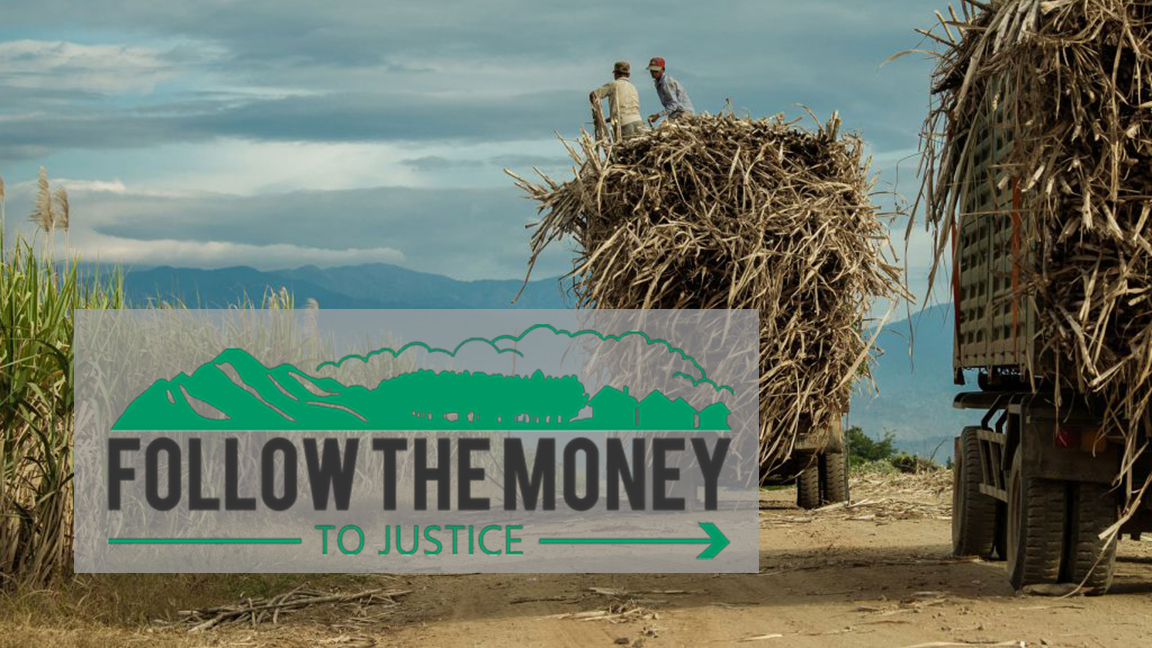IDI launches Follow the Money to Justice, an online resource for fighting land grabbing and corporate abuse
Inclusive Development International (IDI) launched a new online resource, Follow the Money to Justice, for advocates working to support communities threatened by irresponsible investment projects. This resources draws upon the experiences of community advocates from around the world to explain how to gather publicly available information to identify and analyze companies, investors and other actors behind destructive investment projects. It also provides guidance on how to collect evidence, get organized and develop tailored multi-pronged advocacy strategies.
Following the Money to Justice builds off IDI and IIED’s 2015 publication, Following the Money: An advocates guide to securing accountability in agricultural investments, which also serves as a guide for local advocates working to support communities whose land rights, resources and livelihoods are threatened or adversely affected by agricultural investments.

This approach of “following the money” has proven to be effective against harmful investments, although a time-consuming and often inaccessible process. In order to faciliate communities to use this approach, IDI has also launched a Follow the Money Initiative as a pilot program in the Mekong Region.
Partnering with Equitable Cambodia and Columbia University's Business and Human Rights Clinic, the Initiative’s research team uncovers the financial backers of land and resource grabs and works with partners to get this information to affected people on the ground. They also map and analyze the upstream actors (parent companies, shareholders and banks) and downstream actors (buyers and distributors) connected to harmful investment projects and provide customized advocacy strategies to target pressure points identified in this investment chain.
IDI’s Follow the Money Initiative is currently only accepting mapping requests from Vietnam, Laos, Cambodia, and Myanmar, as well as a limited number of requests from partners in Africa. They hope to expand the program in the coming year to accept requests from other regions. You can submit a mapping request from the Initiative here.
